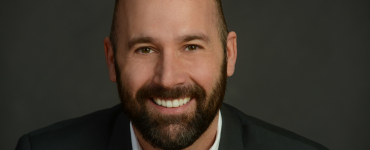- Copyright Directive will permanently change the Internet
- eco participates in consultation on national implementation in Germany
- 5 points of concern of the Internet industry in the implementation of the Copyright Directive
The new copyright law remains controversial. The EU Member States Italy, Luxembourg, the Netherlands, Poland, Finland, and Sweden voted against the reform. Belgium, Estonia, and Slovenia abstained. In the end, Germany’s approval was the decisive tip on the scales for the necessary majority. Poland has already filed a complaint against the contentious EU Copyright Directive with the European Court of Justice (EUCJ) in Luxembourg.
“The new Copyright Directive will achieve the exact opposite of what has been repeatedly claimed as its objective: Rather than the actual authors and creators, those benefiting will be the major platforms as well as the large collecting societies and press publishers. Upload filters and ancillary copyright present a real threat for authors, small and middle-sized enterprises, and Internet users, in equal measure. The Copyright Directive brings with it the risk of permanently changing the Internet as we know it,” says Oliver J. Süme, Chair of the eco Association.
Smaller companies will have to restrict their services or will be compelled to buy technologies in the future that only the big companies can really afford. There will be over-filtering because, in case of doubt, more than is necessary will be blocked to avoid liability. Providers and users will continue to be subject to liability risks and will often have to fight for releases. This is eco’s prognosis – a fine balancing act for all parties concerned.
On the basis of a position statement, eco – Association of the Internet Industry has now taken part in the consultation on the implementation of the Copyright Directive in the Digital Single Market on a national level and once again addressed the central aspects and points of criticism for the Internet industry. While the position statement is targeted primarily at German policy-makers, its core messages have wider European resonance:
- The mandatory use of upload filters must be prevented throughout Europe, on a standardized basis.
- Small and medium-sized enterprises as well as start-ups need workable and far-sighted solutions that are in line with their interests.
- The necessary legal certainty in the implementation of the Copyright Directive requires clear regulations, delimitations, and definitions within the law.
- In the case of ancillary copyright law for press publishers, citations/extracts (snippets) should be of a sufficient length to continue to enable meaningful links to press publications. This would also contribute to counteracting the dissemination of fake news.
- Mandatory standardized and machine-readable data on the publication date is required for online press releases.



